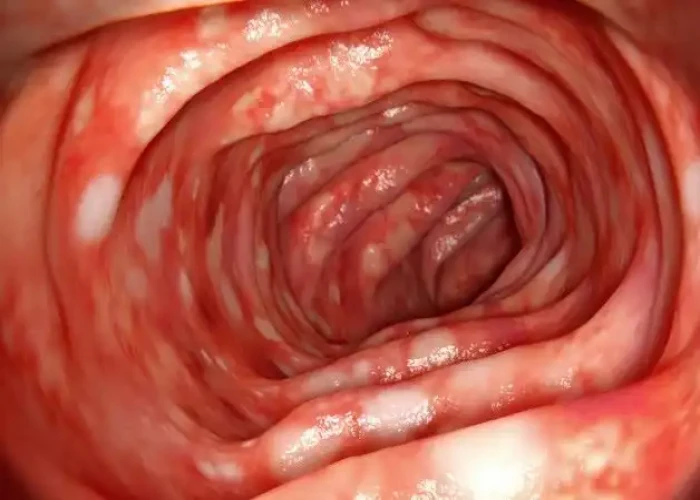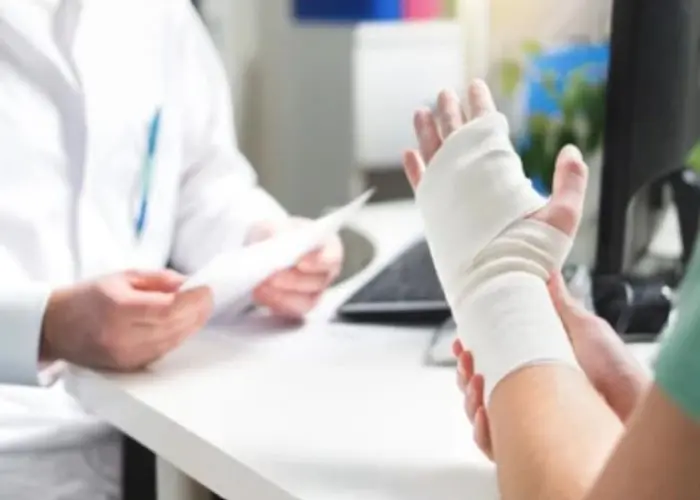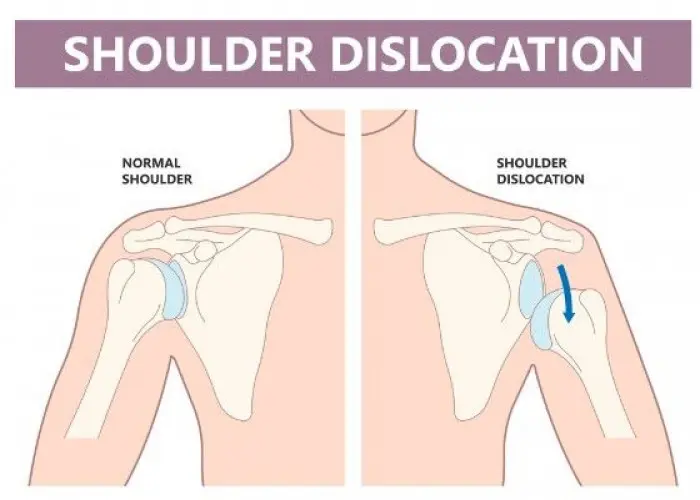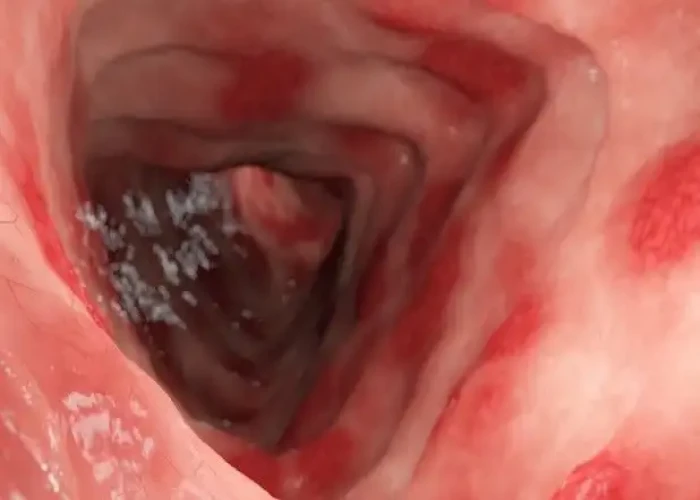 Welcome
Welcome
“May all be happy, may all be healed, may all be at peace and may no one ever suffer."
Solitary rectal ulcer syndrome

Solitary rectal ulcer syndrome (SRUS) is a rare condition that affects the rectum, which is the lower part of the large intestine. It is characterized by the development of ulcers, or open sores, in the lining of the rectum.
The exact cause of SRUS is not fully understood, but it is thought to be related to a combination of factors, including chronic constipation, straining during bowel movements, and abnormal muscle function in the pelvic floor.
The symptoms of SRUS can vary, but may include rectal bleeding, pain or discomfort in the rectal area, a feeling of incomplete bowel movements, and the passage of mucus from the rectum. Some people with SRUS may also experience constipation or diarrhea.
Diagnosis of SRUS typically involves a physical exam, imaging tests, and a biopsy of the affected tissue. Treatment for SRUS depends on the severity of the symptoms and may include dietary changes, laxatives, enemas, and medications to relieve pain and inflammation. In some cases, surgery may be necessary to remove the affected tissue.
While SRUS is a chronic condition, most people with SRUS can manage their symptoms with appropriate treatment. If you experience any symptoms of SRUS or have a history of chronic constipation or other risk factors, it is important to consult with a healthcare provider for further evaluation and diagnosis.
Research Papers
Disease Signs and Symptoms
- Constipation
- Rectal bleeding
- Frequent bowel movements
- Spine and pelvis pain
- Incomplete passing of stool
- Mucus with stool
Disease Causes
Solitary rectal ulcer syndrome
It's not always clear what causes solitary rectal ulcer syndrome. Doctors believe stress or injury to the rectum may cause rectal ulcers to form.
Among the things that could injure the rectum are:
- Constipation or hardened stool in the rectum that's difficult to pass (impacted stool)
- Straining during bowel movements
- A stretched rectum that comes out of the anus (rectal prolapse)
- Uncoordinated tightening of the pelvic floor muscles that slows blood flow to the rectum
- Attempts to manually remove impacted stool
- When one part of the intestine slides inside another part (intussusception)
Disease Prevents
Disease Treatments
Treatment for solitary rectal ulcer syndrome depends on the severity of your condition. People with mild signs and symptoms may find relief through lifestyle changes, while people with more severe signs and symptoms may require medical or surgical treatment.
- Dietary changes. To relieve constipation, you may be given tips on increasing fiber in your diet.
- Behavior therapy. You may strain during bowel movements out of habit. Behavior therapy can help you learn to relax your pelvic muscles during bowel movements.
- In one behavioral technique, called biofeedback, a specialist teaches you to control certain involuntary body responses, such as the tightening of your anus or pelvic floor muscles, during defecation. Biofeedback may make you more aware of your straining and help you to control it.
- Medications. Certain treatments such as topical steroids, sulfasalazine enemas and onabotulinumtoxinA (Botox) may help ease your rectal ulcer symptoms. However, these treatments don't work for everyone, and some are still considered experimental.
Surgical procedures used to treat solitary rectal ulcer syndrome include:
- Rectal prolapse surgery. If you have a rectal prolapse that's causing symptoms, your doctor may recommend a rectopexy procedure. Rectopexy secures the rectum in its anatomically correct position.
- Surgery to remove the rectum. An operation to remove the rectum may be an option if you have severe signs and symptoms that haven't been helped by other treatments. The surgeon may connect the colon to an opening in the abdomen for waste to leave the body (colostomy). If you have a colostomy, a pouch or bag is then attached to your abdomen to collect waste.
Disease Diagnoses
Disease Allopathic Generics
Disease Ayurvedic Generics
Disease Homeopathic Generics
Disease yoga
Solitary rectal ulcer syndrome and Learn More about Diseases

Ulcerative colitis

Tape Worm

Erysipelas

Broken hand

Dislocated shoulder

Brain AVM (arteriovenous malformation)

Restless legs syndrome

Trichotillomania (hair-pulling disorder)
solitary rectal ulcer syndrome, সলিটারি রেকটাল আলসার সিন্ড্রোম, বিচ্ছিন্ন মলদ্বার আলসার সিনড্রোম
To be happy, beautiful, healthy, wealthy, hale and long-lived stay with DM3S.
